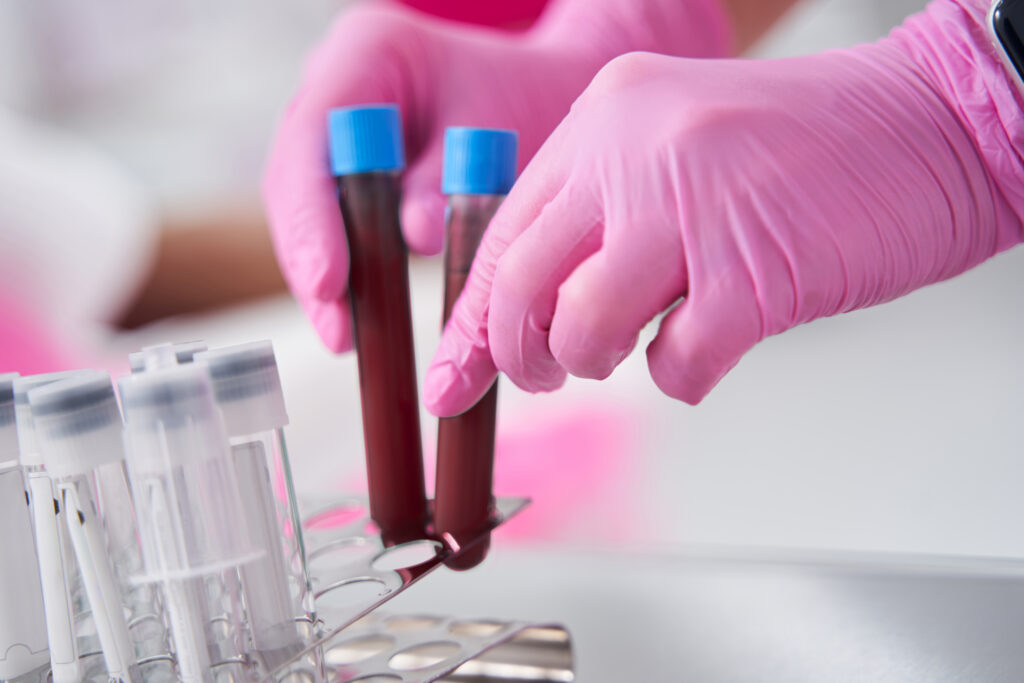In a landmark legal decision, precision oncology company Guardant Health has been awarded nearly $293 million in a false advertising trial against liquid biopsy test competitor, Natera.
A jury in the US District Court for the Northern District of California was unanimous in favor of Guardant Health on all of its claims from its May 2021 lawsuit against Natera for false advertising and unfair competition.
The jury awarded Guardant Health $292.5 million, including $175.5 million in punitive damages, which the company said makes it one of the largest verdicts ever in a false advertising case.
Additionally, the jury unanimously dismissed all counterclaims filed by Natera.
The legal battle centered around claims Natera made about its Signatera test, a liquid biopsy technology designed for monitoring colorectal cancer (CRC) recurrence.
Guardant alleged that Natera’s advertising contained false and misleading statements that unfairly disparaged Guardant’s liquid biopsy competitor CRC monitoring test, Guardant Reveal. The suit accused Natera of violating federal and state false advertising laws, as well as engaging in unfair competition.
According to court documents filed with the California court in May 2021, Guardant alleged that Natera ran a “campaign of misinformation” and made “false and misleading statements” to convince people to use its Signatera cancer test over Reveal.
Related: Exact Sciences Teams Up with Lil Jon for Cologuard Awareness
Guardant Health launched its Guardant Reveal liquid biopsy test in 2021 for monitoring residual disease and recurrence in early-stage CRC to help identify patients that would benefit from post-surgery chemotherapy. The test detects fragments of circulating tumor DNA in the blood to detect minimal residual disease (MRD) or recurrent CRC after treatment including surgery.
At the time of Reveal’s commercial launch in 2021, Guardant said Natera sent advertisements to oncologists and other potential customers outlining a “concern about other laboratories rushing into the clinical MRD market and making potentially misleading claims with no peer-reviewed evidence, which may be detrimental to patients,” but did not mention Guardant’s Reveal test by name.
In its original complaint filed in the Northern California federal court covering San Francisco and Silicon Valley, Guardant argued that Natera exaggerated the clinical performance and capabilities of its Signatera test, including representations of the tests’ sensitivities and predictive values, in comparing Reveal to Signatera for MRD.
The court found that Natera’s advertisements contained material inaccuracies and lacked adequate substantiation, which misrepresented both the capabilities of its product and the performance of Guardant’s competing technology.
The trial, which began in early November, ended with the jury ruling in favor of Guardant, determining that Natera’s actions caused substantial harm to its competitor’s reputation and business.
“Today’s unanimous verdict holding Natera responsible for engaging in illegal and anticompetitive conduct represents a major victory for CRC patients who could benefit from our groundbreaking Reveal test, and we thank the jury and the Court for their careful consideration of our claims,” said John Saia, chief legal officer at Guardant Health in a press release from the company.
“Every company in the cancer diagnostics space has a duty to prioritize patients above all else. In keeping with our mission to help cancer patients lead longer and healthier lives, we strongly believe it is vital that clinicians receive accurate, complete and truthful information to inform their decisions about potentially life-saving patient treatments.”
In response to the court verdict, Natera issued a statement on November 25 in which it expressed disagreement with the verdict and announced plans to request the court to overturn the decision.
“Although Guardant has blamed Natera’s advertisements from three years ago for Reveal’s performance in the market, we believe oncologists make their decisions based on the published evidence and their own experience with the tests,” Natera said in the statement.
“The jury was asked to evaluate comparative advertisements that ran for a brief period in 2021 related to the performance of Guardant’s Reveal test. This case had nothing to do with the validity or utility of Signatera, and certain key pieces of evidence supporting Natera’s case were not included in this trial,” Natera said.
Natera also claimed that “in the years that have passed since these events, Signatera has become the most widely used MRD test in the US, extensively validated with published evidence in more than 100 peer-reviewed papers across multiple cancer types and indications.”
In 2023, the liquid biopsy market was valued at approximately $10.42 billion and is projected to reach $58.64 billion by 2032, growing at a compound annual growth rate (CAGR) of 25.3 percent during the forecast period.
The market is expanding rapidly, fueled by advancements in technology and a growing demand for non-invasive diagnostic tools. This sector focuses on the analysis of biomarkers from biological fluids, such as blood, to detect, monitor and manage various conditions like cancer.
If you want your company to be featured on Xtalks.com, please email [email protected].












Join or login to leave a comment
JOIN LOGIN